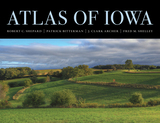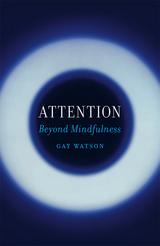


In Rethinking Labor History, nine well-known French labor historians join the debate. Advocates of both revisionist Marxism and discourse analysis are represented, and examples of empirical research emerging from the theoretical disputes are included.
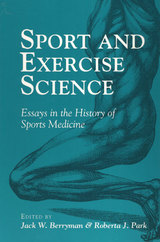
athlete's heart, exercise physiology, physical activity and sport for females, women's
health, physical culture and quackery, diet, and more.
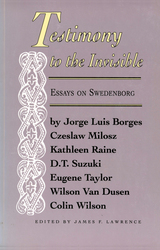
This collection of essays highlights the influence of Swedish visionary Emanuel Swedenborg (1688-1772) on art, spirituality, and culture. Opening with an essay by Spanish-language writer and metaphysician Jorge Luis Borges, from which the collection draws its name, the volume includes a description of Swedenborg's influence on Fyodor Dosteovsky by Czleslaw Mloscz; a look at Swedenborg from a mystical perspective from Wilson Van Dusen; the transcendentalist connection with Ralph Waldo Emerson in an essay by Eugene Taylor; and Buddhist scholar D. T. Suzuki's describes similarities between Swedenborg's philosophy and Buddhism. Essays by Kathleen Raine on Swedenborg's poetic influence and Colin Wilson on the psychological perspective on Swedenborg's visions round out the collection.
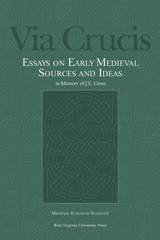
This book originated as a series of papers delivered at a Symposium on Irish and Anglo-Saxon Literary Culture in Honor of J. E. Cross, held in conjunction with the 30th International Congress on Medieval Studies at Kalamazoo in May 1996. The purpose of that symposium was to bring together a number of friends and admirers of Professor Cross to celebrate his remarkably rich career as a scholar of Old English and Insular Latin literature; Anglo-Saxon manuscripts; and medieval sermons, saints’ lives, and apocrypha.
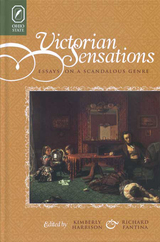
READERS
Browse our collection.
PUBLISHERS
See BiblioVault's publisher services.
STUDENT SERVICES
Files for college accessibility offices.
UChicago Accessibility Resources
home | accessibility | search | about | contact us
BiblioVault ® 2001 - 2024
The University of Chicago Press





